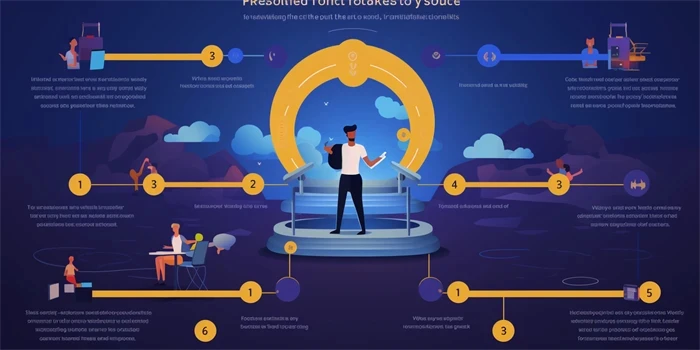Artificial Intelligence (AI) chatbots have revolutionized the way businesses and individuals communicate. These intelligent virtual agents are capable of understanding and responding to human queries efficiently, saving time and resources for organizations. In this article, we will explore a range of free tools that can enhance your conversations and unleash the full power of AI chatbots.

1. Dialogflow
Dialogflow, powered by Google, is a popular AI chatbot development platform. It offers a comprehensive suite of tools for building conversational agents that understand natural language. With Dialogflow, you can create chatbots that handle complex conversations, provide automated responses, and even integrate with other platforms such as Facebook Messenger or Slack.
Pros:
– Easy-to-use interface for bot development
– Supports multiple platforms and languages
– Advanced natural language understanding capabilities
– Integration with voice interfaces like Google Assistant
Cons:
– Limited analytics and reporting features
– Customization options may require technical expertise
2. Botsify
Botsify is a user-friendly chatbot platform that enables businesses to build AI-powered chatbot solutions without any coding knowledge. It offers drag-and-drop features, allowing users to create conversational flows and define responses easily. Botsify also provides seamless integration with popular social media platforms such as Facebook Messenger and websites.
Pros:
– Simple and intuitive interface for chatbot development
– Easy integration with social media and websites
– Offers pre-built chatbot templates for quick deployment
– Multi-language support
Cons:
– Advanced features limited to premium plans
– Lack of customization options compared to other platforms
3. Watson Assistant
Watson Assistant, developed by IBM, is an AI chatbot platform that excels in understanding and responding to user queries with high accuracy. It offers natural language understanding capabilities and allows businesses to customize and train their chatbots using machine learning. Watson Assistant can be integrated with various channels, enabling seamless interactions with customers.
Pros:
– Excellent natural language understanding capabilities
– Offers advanced machine learning capabilities for customizations
– Integration with multiple channels like Facebook Messenger and Slack
– Developer-friendly tools and extensive documentation
Cons:
– Steeper learning curve for beginners
– Limited free plan compared to other platforms
4. Botpress
Botpress is an open-source chatbot framework that provides developers with the flexibility to create powerful AI chatbots. It offers a visual editor that allows easy building and customization of conversational flows. With Botpress, developers can leverage pre-built NLU models, machine learning, and integrations with various platforms to enhance their chatbot capabilities.
Pros:
– Open-source and customizable framework
– Offers a visual editor for easy bot development
– Supports multiple languages and platforms
– Advanced customization options for developers
Cons:
– Requires technical expertise for setup and deployment
– Limited support options due to open-source nature
5. Rasa
Rasa is an open-source chatbot development framework that empowers developers with the tools needed to build intelligent and context-aware chatbots. It allows developers to create conversational AI agents that handle complex dialogue flows, understand intents, and respond accurately. Rasa also provides machine learning capabilities for chatbot training and customization.
Pros:
– Open-source and customizable framework
– Advanced natural language understanding capabilities
– Supports contextual conversations and multi-turn interactions
– Extensive community support and documentation
Cons:
– Steeper learning curve for beginners
– Requires technical expertise for advanced customizations
FAQs:
1. Can AI chatbots replace human customer service representatives?
No, AI chatbots cannot completely replace human customer service representatives. While chatbots are efficient in handling repetitive and straightforward queries, they may struggle with more complex and nuanced interactions. Human representatives provide the empathy and understanding that some customer queries require.
2. How can AI chatbots benefit businesses?
AI chatbots can benefit businesses by providing instant responses, reducing customer support costs, and improving overall customer experience. They can handle a large volume of inquiries simultaneously, ensuring quick resolution and increased customer satisfaction. Additionally, chatbots collect valuable data that organizations can analyze to enhance their products and services.
3. Are AI chatbots only useful for customer service?
No, AI chatbots have applications beyond customer service. They can be utilized in various industries, including healthcare, e-commerce, and education. Chatbots can assist with appointment scheduling, product recommendations, and even provide educational content, among other use cases.
References:
1. Dialogflow – https://cloud.google.com/dialogflow
2. Botsify – https://botsify.com/
3. Watson Assistant – https://www.ibm.com/cloud/watson-assistant
4. Botpress – https://botpress.io/
5. Rasa – https://rasa.com/


